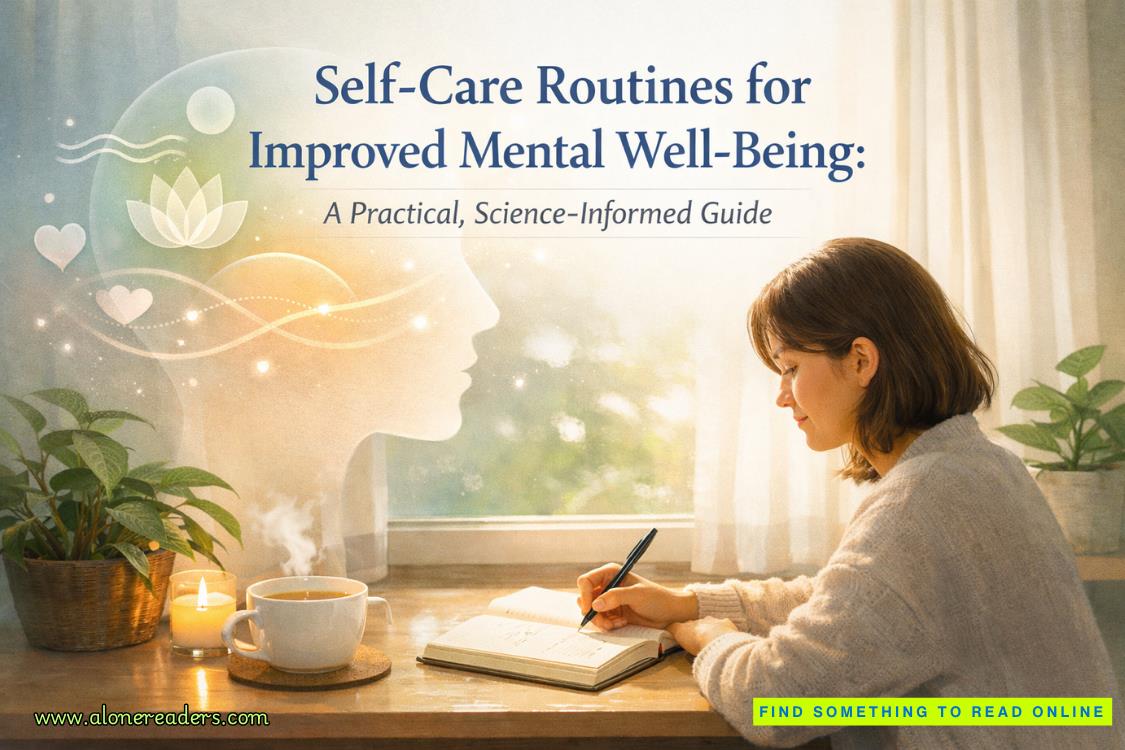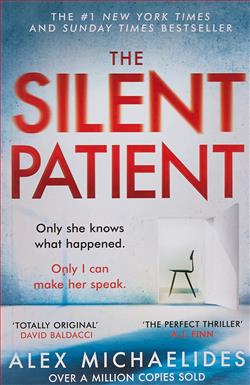“Mrs. Armstrong, formerly Patterson, was aware there were structural issues after several contractors failed to properly renovate the home. Before she started working on it, she called in a home inspector who found signs of black mold. A remediation company was called in to see if the house will be salvageable, but since Mrs. Armstrong already owns the farmhouse at the address the bailiff gave you, and because they both were unwilling to further risk the health of the children or Mr. Armstrong’s grandmothers, or their pets, they opted to move to the farmhouse at this time.”
“And will they move back to the original house? Seems a lot of back and forth to me,” Judge Thornton replies.
“Not at this time, Your Honor. While the inspection is still ongoing, the remediation company has told Mr. Armstrong that it’s probable that the house will need to be taken down to the studs in order to ensure that the black mold is completely eradicated.”
“Sounds like it might just be better to salvage whatever they can and then sell the land,” Judge Thornton muses. “Okay, I will be asking your clients a few questions and would like for them to answer, Counsellor.”
“Yes, Your Honor,” our attorney says, giving each of us a nod as she steps back and points for us to take a step forward.
We discussed the fact that this might happen, so we’re both ready. I was nervous when we first got to the courthouse, but Dex is holding my hand and his strong clasp has relaxed me significantly. For obvious reasons, I’m not exactly thrilled with the court system, especially as it pertains to foster care and all that jazz. Even though I know we’re going to get approved as guardians, my brain equates court with loss, so my head’s been all over the place today.
“Mrs. Armstrong, your attorney mentioned your maiden name is Patterson. Can I presume that your grandfather was the owner of Patterson Construction and Design?”
“Yes, Judge Thornton,” I reply.
“What made you aware that there were issues in the Armstrong house?” he asks.
Taking a deep breath, I say, “My grandparents raised me when my parents were killed in an accident as a little girl. When my grammy died shortly after I turned ten, Grampy started taking me along on his jobs because we had no other family, and I was too young to be left on my own while he worked long days. So, I worked alongside him, Your Honor. I knew from what I’d seen in the house that there were some extensive repairs that were going to be necessary, but I wanted confirmation of everything we’d need to do before I started. No sense in throwing money on a project if it’s not going to be done correctly.”
“That makes sense,” the judge states with a nod of his head. “So, you called in a home inspector?”
“I did. It’s one that my grandfather used when he was alive. During his inspection, he found evidence of black mold, but wasn’t sure just how invasive it was. He feels it started in thetwo additions that were improperly built since they’re not quite level and there are signs of extensive water damage. He then recommended that a mold remediation company come in and do a more thorough inspection than he’s capable of doing. They cut into the walls and that sort of thing and found it extended from the basement to the attic.”
“I see. What did y’all do then?” he queries.
“Honestly? We jumped into action, made a list, went back to the house, got the kids, Dex’s grandmothers, and the pets and afterward, we brought them to the farmhouse. Abuela and Nonna, his grandmothers, slept in the room that had a bed while the rest of us spent the night on air mattresses. The following day, new furniture was delivered, and while it’s been a bit chaotic, we now have the farmhouse fully functional and are living there without any problems. Plus, Abuela is already feeling better. She has asthma, Your Honor, and is frequently sick which is probably because of the black mold.”
The judge nods then turns his attention toward Dex. “Mr. Armstrong, I understand you travel frequently for your job. How will this impact the family when you have to leave?”
Dex clears his throat then says, “Prior to my parents’ passing, I had been out of the house since the age of eighteen, Your Honor. However, there was no way I wanted to let my sisters and brother go into the foster care system. It’s been an adjustment for all of us, of course, but between Jolie and my grandmothers, there should be no issues, outside of no Nerf gun wars.”
The judge hides his chuckle behind a cough while nodding. “And the children? They’re doing well?” he asks.
“I’d say about as well as three kids who infrequently saw their big brother can do. We have them in grief counseling, and Jolie has had several suggestions that we’ve implemented to build that bond between us.”
“Very well, it sounds like a thriving household, grief notwithstanding. I am sorry for y’all’s loss, Mr. Armstrong, but you’ve put things in place to move forward. How much longer will you work this kind of job?”
Dex grins then says, “It’s a young man’s job, Your Honor, so I don’t foresee doing it too much longer, to be honest. I don’t quite bounce back as quickly as I did when I was in my twenties.”
“None of us do, son, none of us do. What are your plans after that, do you know?”
I catch Dex’s gaze and nod. It’s something we’ve frequently talked about and I’m excited because it will combine both of my interests; teaching and building things.
“Jolie and I are working to create a curriculum for the high school that will allow juniors and seniors the opportunity to earn college credits toward an associate degree in either construction or welding by the time they graduate. There’s a significant shortage of blue-collar workers who can enter the workplace and make a difference right away. Plus, not everyone’s cut out to go into the military or attend college, but this will allow them to have a successful career without a lot of debt over them, or being obligated to four or eight years of military service.”
“That’s impressive, Mr. Armstrong. If the court is able to assist y’all in this endeavor, please feel free to reach out to my secretary. I agree that many are not cut out for traditional degree programs, but with what y’all are planning, they can attendthe technical college and add certifications to what they already have and become productive members of society.”
“That was our thought as well, Your Honor. With us being more rural than anything, and because Jolie substitute teaches every grade, she’s heard some of the kids lamenting the fact that they don’t have the finances to go to school.”
“If this pans out the way I envision based on what you’ve shared, I can see some other possibilities for other non-traditional careers, can’t you?” Judge Thornton asks.
“Absolutely, sir.Whenwe succeed with this, we want to see about a partnership of sorts with the technical school for dual enrollment in various career paths so that by the time the students graduate, they can be ready to take whatever state or national tests are necessary for licensing purposes.”
“Excellent. Excellent. Well, as far as I’m concerned, the guardianship is approved. Congratulations to you both and may you enjoy a long and fruitful marriage. Godspeed.”
He bangs his gavel and I hear the bailiff say, “All rise,” before the judge walks through the door that leads to his chambers.
“Once I get the official paperwork, I’ll make sure that they give us multiple copies because I’m sure you’ll have to provide a certified copy to the school, the kids’ pediatrician, their therapist, and any doctors they might need in the future,” our attorney tells us as we get ready to leave the courtroom. “Oh, and also a copy to your social worker so they can close that file.”















